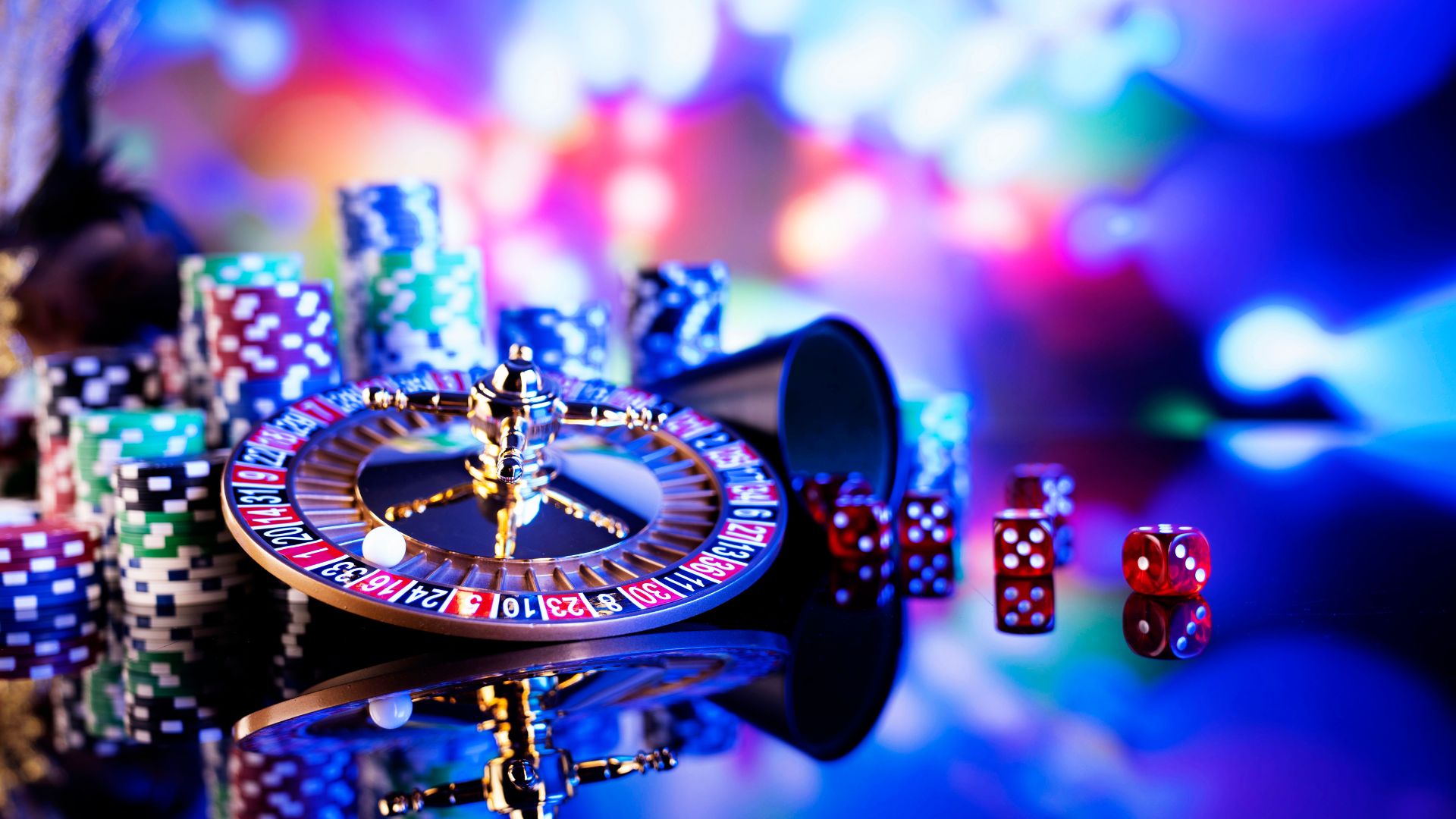
In the world of gambling, in which chance and strategy intersect, a unique tapestry of beliefs unfolds—one that weaves together luck, fate, and the enigmatic nature of casino games. Casinos, bustling with excitement and anticipation, are not just places for placing bets; they are also arenas in which superstitions thrive. From the novice player to the seasoned gambler, these mysterious practices often shape how individuals approach the games they play, believing that their actions can influence the outcome in ways that go beyond mere probability.
When players gather around roulette wheels, blackjack tables, and slot machines, the atmosphere is thick with stories of lucky charms, rituals, and codified behavior that defy logic yet provide a sense of comfort. Whether it’s wearing a specific outfit, following a particular sequence of bets, or even avoiding certain numbers, the attachment to various superstitions reflects a deep-rooted desire to control the uncontrollable. This article delves into the captivating world of casino game superstitions, investigating the beliefs that simultaneously entertain and mystify those who dare to play.
Historical Beginnings of Superstitions
Gambling games have long been connected with an array of superstitions that can be traced to ancient societies. The origins of these beliefs can be associated to humanity’s innate wish to manage the unpredictable outcomes associated with chance and chance. In primitive civilizations, games of chance were often linked to religious practices. Gamblers would invoke aid or ask for favor from gods, believing that their actions could influence the results in their benefit. This basis laid the groundwork for the variety of superstitions that spread as betting evolved over centuries.
During the Middle Ages, betting became a widespread hobby across the continent, and with it, a diverse tapestry of superstitions emerged. Players adopted numerous rituals and charms, believing they could influence the consequences of games. The value of digits, in particular, emerged to show in superstitions pertaining to card games and dice. The number 7 was often considered favorable, while other numbers carried unfortunate connotations. These ideas mirrored the societal contexts of the time, changing as they passed through generations and transformed to emerging gaming environments.
As gambling houses emerged in the seventeenth century, particularly in Italy and France, the atmosphere surrounding betting became steeped in enigma. The growing accessibility of gambling games allowed for the dissemination and diversification of superstitions among players. Concepts like lucky charms, specific seating positions, and rituals gained prominence, creating a distinct culture within gambling establishments. As these traditions continued to thrive, they became essential to the essence of gambling games, illustrating how history and culture shape the belief systems that influence how participants interact with fortune.
Popular Gambling Superstitions
Beliefs surrounding gambling games are abundant and varied, reflecting the hopes and anxieties of gamblers as they engage in chance-based games. One of the most common beliefs is that specific digits bring luck or bad luck. For example, the digit seven is often seen as a lucky number, frequently sought after by gamblers looking for a positive outcome. Conversely, the number thirteen is routinely considered cursed, leading many gamblers to avoid it during their gaming periods.
A frequent belief relates to practices that gamblers believe can influence their odds. It could be blowing gently on the dice before a throw, using a particular hand to place a bet, or even putting on particular items of attire, many individuals feel that these actions can tilt luck in their benefit. bongdanet These practices offer a sense of power in an otherwise unpredictable environment, strengthening the idea that fortune can be created through personal beliefs and customs.
Lastly, the ambiance and atmosphere of the casino itself contributes to superstition. Many gamblers suggest that the presence of certain icons, such as four-leaf clovers or fortunate tokens, can enhance their odds of success. Additionally, gamblers might hold to the belief that winning streaks can be halted by mundane occurrences, such as a person passing by or a accident at the table. The collective environment in a casino can amplify these beliefs, creating a shared culture of superstitions that goes beyond single experiences.
Impact of Superstitions on Players
Superstitions play a significant role in the mindset of gamblers, often influencing their behavior and decision-making. Numerous gamblers believe that luck can be influenced through various rituals, such as donning a talisman, choosing particular hues, or avoiding certain numbers. This reliance on superstitions can create a sense of control in an environment that is intrinsically unpredictable. Players frequently feel more self-assured and engaged when they think that their actions could sway the outcome of a game in their advantage.
The impact of these superstitions extends beyond individual players, affecting the overall atmosphere inside the casino. For instance, a player who holds the belief in the luck of a certain slot machine might attract a gathering, as onlookers are intrigued by their apparent luck. This collective belief can amplify excitement and create a lively environment, leading to an captivating experience even for those who may not necessarily be superstitious. The buzz around specific games can lead to higher participation and extended playing sessions, supporting the casino’s lively social scene. tỷ lệ bóng đá nét
In some cases, superstitions can lead to detrimental effects for players. Depending too heavily on rituals can result in bad gambling decisions, as some may ignore basic strategies in favor of baseless beliefs. Additionally, the pressure to perform rituals may heighten anxiety and stress levels, detracting from the pleasure of the experience. Ultimately, while superstitions can enhance the excitement of playing casino games, they can also lead to unwise choices that overshadow the enjoyment and entertainment intended in the casino experience.